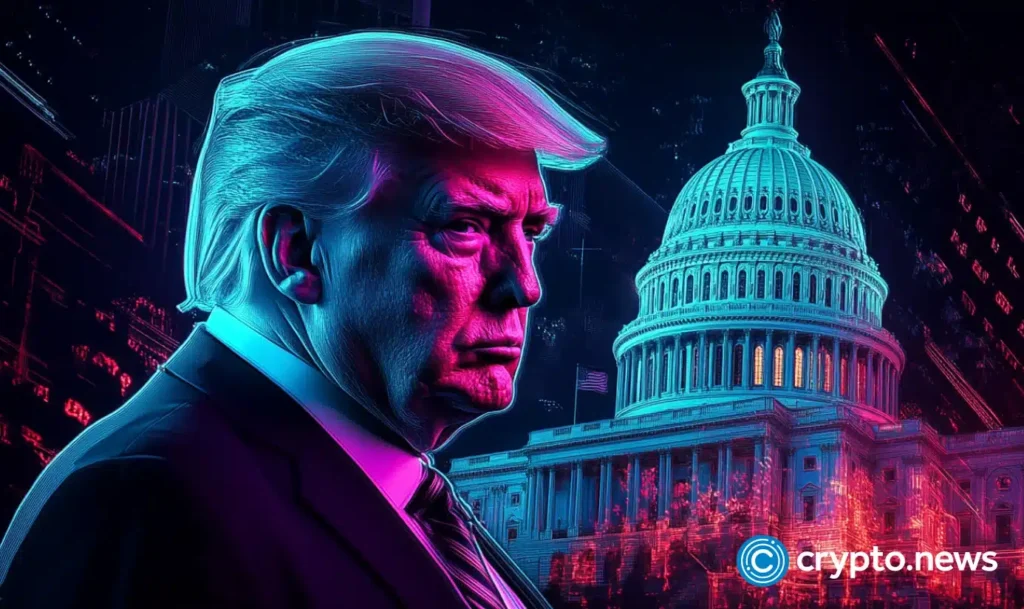The Wall Street Journal reported that new President Donald Trump’s transition team is exploring plans to change or potentially eliminate the Federal Deposit Insurance Corporation.
According to sources interviewed by the WSJ, Trump advisers questioned candidates for regulatory positions about the feasibility of merging the FDIC with other agencies or absorbing its functions into the Treasury Department. .
These discussions are part of broader efforts under Trump’s proposed Department of Government Efficiency to reduce federal oversight and streamline financial regulation.
According to the WSJ, discussions also extend to merging or restructuring the FDIC, the Office of the Comptroller of the Currency, and parts of the Federal Reserve.
These measures would require congressional approval and would face political and industry resistance. Former FDIC Chair Sheila Bair told the WSJ that banks often rely on their relationships with specific regulators and would likely object to disruption of current frameworks.
Trump’s campaign and vision align with Republican calls to reduce surveillance. The proposed changes are primarily intended to streamline regulatory functions and reduce restrictions on financial institutions.
What does this report mean for the crypto industry?
The potential downsizing of the FDIC could be a turning point for the crypto industry. This would reduce federal oversight and accelerate the integration of crypto into traditional finance. Fewer regulatory bodies could lead to a more consistent framework for crypto exchanges and blockchain projects.
The premise of a report like this is that Trump’s broader deregulation agenda could create an environment with fewer compliance barriers for the crypto space. As traditional financial institutions face reduced oversight, the crypto industry could seize the opportunity to fill the gaps in decentralized finance and blockchain-based solutions.
The proposed changes could also influence consumers’ perceptions of financial security. If public trust in traditional banks falters due to reduced deposit protection, crypto proponents could highlight blockchain transparency and security as viable alternatives.
This could spur increased adoption of stablecoins and other digital assets as decentralized hedges against banking risks.

